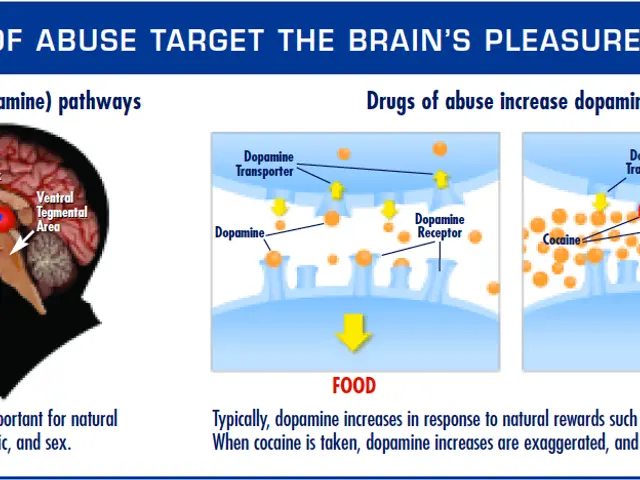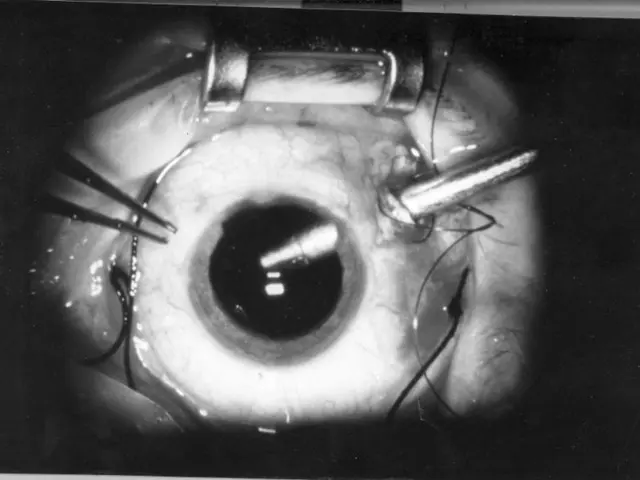Adults Can Suffer from Attention Deficit Hyperactivity Disorder (ADHD)
**Identifying and Diagnosing Adult ADHD: A Comprehensive Guide**
Attention Deficit Hyperactivity Disorder (ADHD) is a common neurological condition that often goes unnoticed in adults. However, with a better understanding of its symptoms and the right steps, adults can seek diagnosis and treatment for this condition.
**Recognize Common Adult ADHD Symptoms**
Adult ADHD symptoms may differ from those observed in children, but they are still related to attention, impulsivity, and executive functioning difficulties. Some common signs include trouble focusing or sustaining attention, chronic procrastination, forgetfulness, poor time management, impulsivity, restlessness, and difficulty organizing and following through on instructions.
**Reflect on Symptom History**
Symptoms of ADHD often date back to childhood, even if undiagnosed. Many adults with ADHD report lifelong struggles with attention and organization, which may have been masked or attributed to other issues.
**Initial Self-Screening**
To identify potential symptoms, you can use screening tools like the Adult ADHD Self-Report Scale (ASRS). However, these are only preliminary indicators, and a professional evaluation is necessary for a formal diagnosis.
**Seek Professional Evaluation**
A formal diagnosis requires a comprehensive clinical assessment by a qualified professional such as a psychiatrist, clinical psychologist, neurologist, or a primary care physician experienced in ADHD. The evaluation typically involves a detailed clinical interview about symptoms and history, a checklist of DSM-5 criteria for ADHD symptom patterns, gathering collateral information from family members or close contacts, standardized behavior rating scales, and possibly other psychometric tests. The evaluation aims to rule out other conditions that may mimic or co-exist with ADHD.
**Discuss with Your Healthcare Provider**
Start by talking to your primary care provider who can either evaluate you or refer you to a mental health specialist. Discuss your daily struggles with focus, impulsivity, time management, and how they impact your life.
**Consider Additional Testing if Needed**
In some cases, tests like the Conners Adult ADHD Rating Scales may be used for further assessment, although diagnosis is mainly clinical.
**Summary**
To identify adult ADHD, note if you experience a persistent pattern of inattention and executive function challenges affecting your life and trace these symptoms back to childhood. Then seek a professional assessment guided by DSM-5 standards for a thorough diagnosis and appropriate treatment planning.
This process can lead to better understanding, support, and management strategies tailored to adult ADHD. Getting diagnosed is the first step to receiving treatment for ADHD, which can significantly improve quality of life.
Engaging in self-reflection, you may recognize that certain symptoms such as trouble focusing, poor time management, and impulsivity have been persistently present in your life, potentially dating back to your childhood. As a first step, you might discuss these concerns with your primary healthcare provider and consider additional testing if necessary, such as the Conners Adult ADHD Rating Scales, to further assess your symptoms. Ultimately, seeking a comprehensive clinical evaluation by a qualified professional, who applies DSM-5 standards, can lead to a formal diagnosis and the development of a tailored treatment plan for mental health and wellness. This may significantly improve your quality of life by providing understanding, support, and effective management strategies for adult ADHD.





